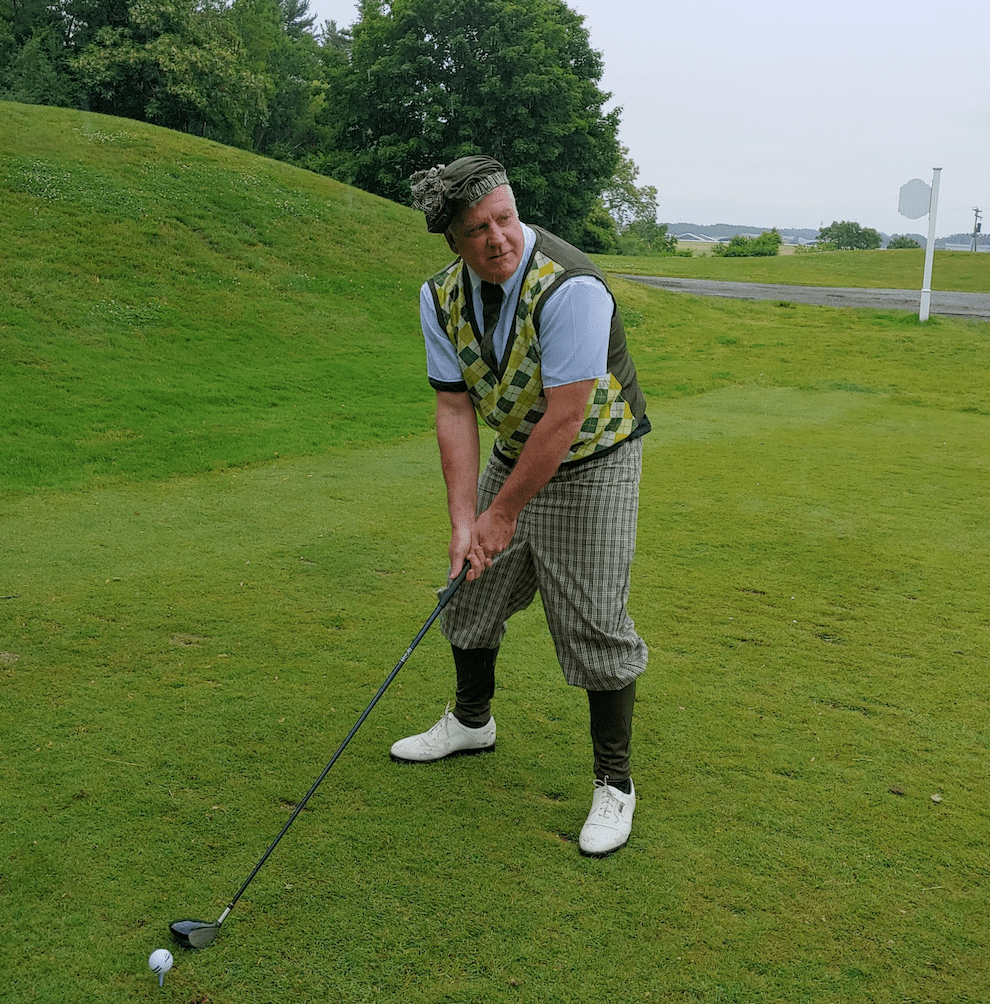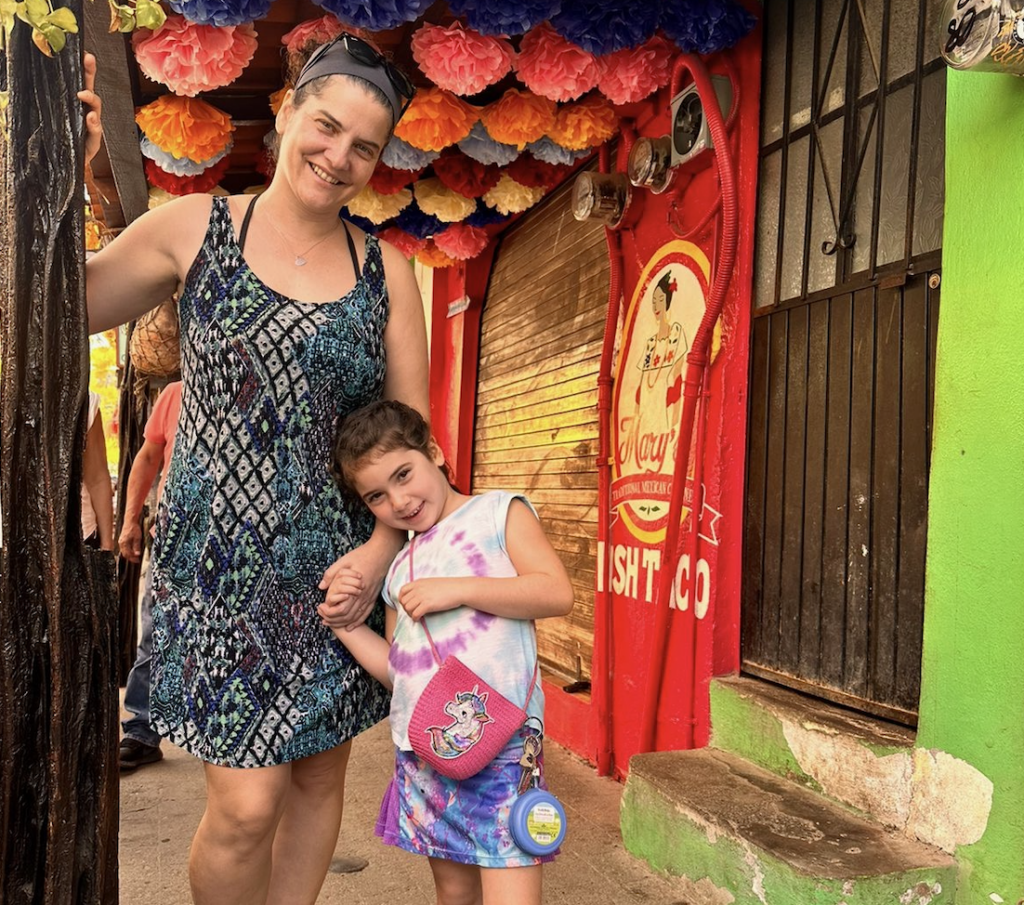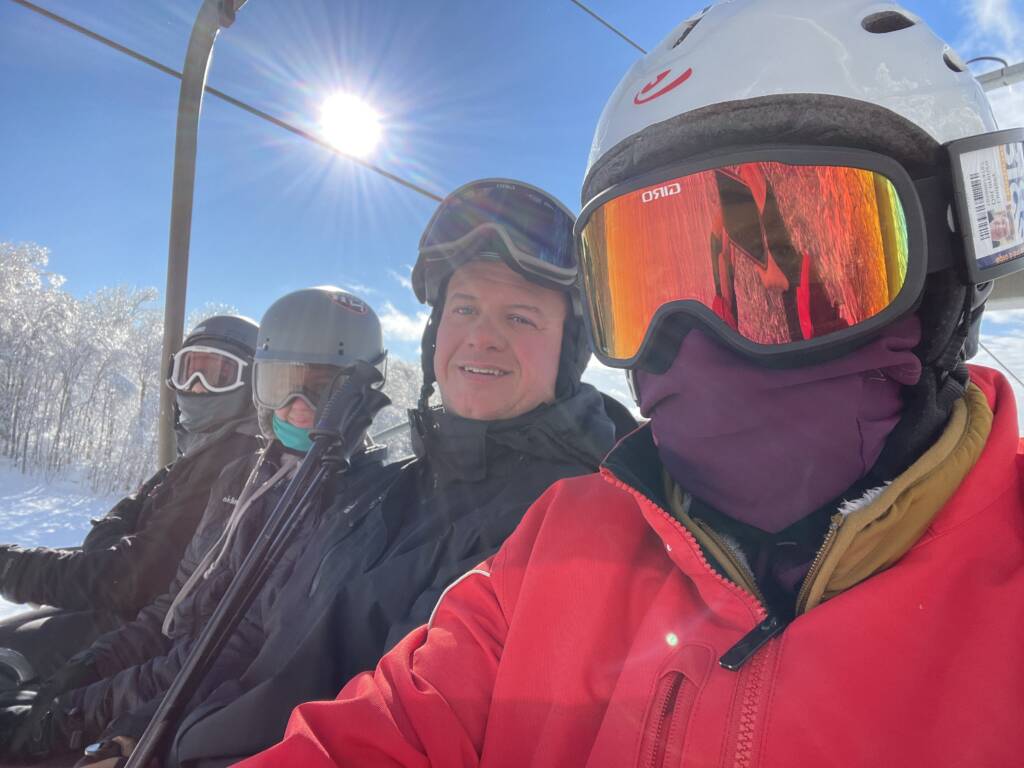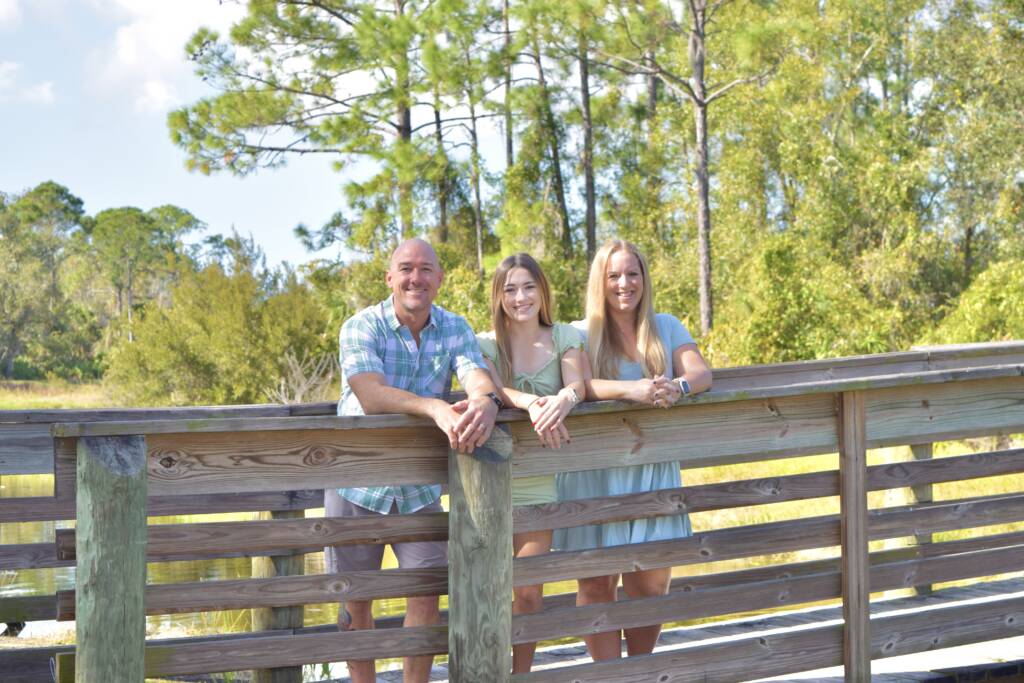
Sean Finan was a spy for the US Army’s Defense Intelligence Agency, but that’s all he can tell me about it. The longtime VLACS adjunct social studies instructor knows a thing or two about the subjects he teaches, especially when it comes to national security, criminal justice, world history, and military careers.
In his storied 20-year military career, he served for four years on the German border as a Tank Company Commander, among other jobs, at the height of the Cold War, leaving three months before the Berlin Wall came down. “I led border missions,” he says. “We were the reaction force in case the Soviets came across.” His service led him all over the country and the world.
He tells me why he joined in the first place. “This will sound corny,” he says, “but when I was 13, my mom had twins–a boy and a girl. I wanted to stand against communism and make sure they grew up free. It was the mid-’70’s and the Cold War was in full swing.”
That philosophy not only informed his military life but his teaching career, too.
“I’ve been teaching since I was 14 years old,” he says. “I taught swimming lessons, then life-saving. I did that through my years at Norwich University until I went to the Army.”
After his service overseas, he taught at the United States Army Armor School in Fort Knox, Kentucky, and then served as the school’s Operations Officer. When he retired, he began substitute teaching while earning his teaching certification from Franklin Pierce University. While searching for a teaching job, he took a position training teachers and cadre for the National Guard Youth Challenge Program.
“It’s a boot camp for at-risk kids,” he explains.”A last stop for kids who weren’t making it anywhere else.” Sean used his extensive military knowledge to train the teachers.
“I would train the teachers because they were teaching in a military environment and I understand that environment,” he says. “Kids marched to their classrooms – if anyone spoke up, there was a drill sergeant waiting for them. Everyone lived in barracks.”
His experiences as a graduate of three military schools helped. Sean graduated from the Combined Arms Service and Staff School and the Command and General Staff College, in Fort Leavenworth, Kansas, and the US Naval War College in Newport, Rhode Island.
During this time, Sean also heard about VLACS. “In the military, we were used to remote learning and new technology,” he says. “One of my frustrations with public education was that it was not taking advantage of new technologies or evolving with the times. Then I saw an ad for VLACS.” He recalls his first courses in 2009. “We were still writing all of our own welcome emails,” he laughs.
Sean started teaching global studies and eventually added economics, Western civilization, and US history. “Then VLACS started offering things that related to my background,” he says, “like careers in the military, criminal justice, and national security, which I got my master’s in.”
He loves all the flexibility that VLACS offers students. “Think about it,” he says, “you talk more one on one with students here more than anywhere else. I like the one-on-one with the kids. They open up more when they don’t have other students present. I love to talk with them, not at them.” He also appreciates the increased parent contact that VLACS allows.
Students open up even more when they feel like they can speak their minds.
“My classroom is a free speech zone,” he says. “The classroom should be a place where students can voice their opinion without fear about being ridiculed or treated differently.”
He says a lot of his students take great relief in feeling that they can do just that. “The concept of free speech is a big part of every one of my courses.”
Sean often plays devil’s advocate. “The second amendment comes up a lot, as does national security. I ask students why they’re for and against things. I tell them, ‘logic and reason,’ that’s all you need.”
He does not share his political views. “I don’t tell them anything about my views on politics — it’s not my place — but my students say that I reveal my politics when I let them voice their opinion. I push them on that. Ethics is a major part of all my courses, too, and we talk a lot about how people view right and wrong differently.”
Sean credits his success with working with VLACS students to his experience teaching kids to swim, his military career, and education. He’s disciplined but compassionate. “You can be tough without being mean, as long as you are fair and consistent”.
He acknowledges that he has a reputation as a “hardliner” with kids. He tells me about a 20-year old student who needed to complete a course to graduate.
“All he needed to do was finish his exams. He’d schedule them and not show up. Repeatedly. He was teachable, though. I was tough on him, sent him emails, called him. He finished.”
Sean says, “Every situation where I’ve been tough on a student like that has ended with a great relationship. I’m still in touch with that student and many others like him.”
When Sean isn’t pushing his students to do better, he’s pushing himself. I ask him what he enjoys doing outside of VLACS.
“Home improvement projects!” he says. “I had to put the paintbrushes down before I talked to you,” he laughs.
He likes doing all of it, he says, having completely gutted and re-finishing his camp on Lovell Lake among other massive overhauls. “The electrical, the plumbing, painting–walls and pictures– all of it. I love all of it. I also spend time oil painting, drawing, and doing other forms of art.”
That’s not all though.
In addition to being a veteran, an outstanding and compassionate VLACS teacher, a master home renovator, and an artist, he also has his license to make alternative fuel. He’s legally allowed to distill and then denature alcohol.
That’s right: Sean Finan, VLACS Social Studies teacher extraordinaire, has tricks up his sleeve. Must’ve been all that spy work.



